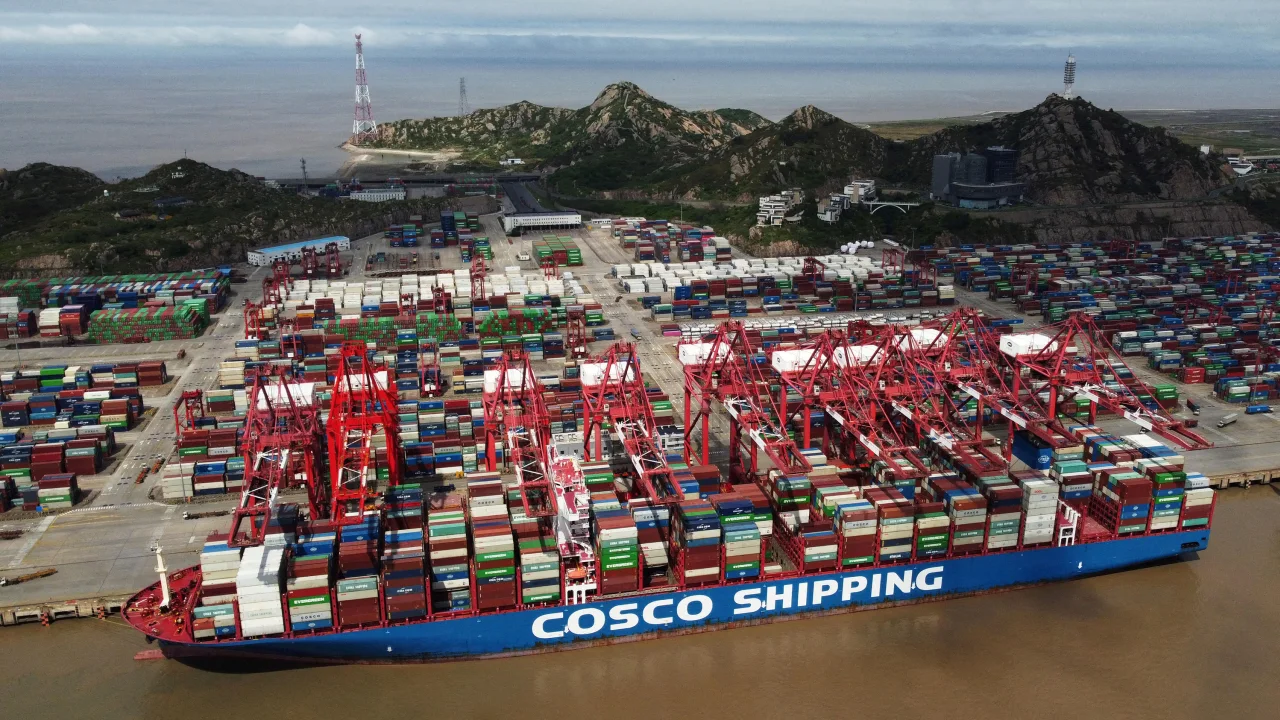China has few good options to boost its faltering economy

Over the past several weeks, Chinese leaders and policymakers have repeatedly pledged to boost the sputtering economy, usually by promising to help the private sector.
As a result of these pledges, shares sometimes rise, indicating that investors gained confidence in the company.
They’ve ignored the flurry of official messages more often, hoping for tangible stimulus measures that analysts and economists say are unlikely to happen now because China has become too indebted to just bolster the economy as it did 15 years ago, during the global financial crisis.
The ING Group’s regional head of research for Asia-Pacific, Robert Carnell, said there have been many vague promises so far.
The government has not provided real money to struggling consumers or businesses aside from some incremental steps to help the struggling property market, which is in its worst slump in history.
According to Craig Singleton, senior China fellow at the Foundation for Defense of Democracies, a Washington-based nonpartisan think tank, Chinese policymakers are unlikely to enact any significant monetary or fiscal stimulus because they fear doing so could exacerbate China’s growing debt risks.
“At best, we can expect meager, mostly supply-side measures aimed, among other things, at attracting more private capital and boosting electric vehicle ownership,” he said.
The world’s second largest economy lost momentum after Covid restrictions were lifted at the beginning of the year.
Several disappointing economic and population statistics have raised fears that China may be heading for much slower growth and a future similar to Japan.
In April-June, China’s economy barely grew in comparison with the previous quarter, as a burst of economic activity following the end of pandemic restrictions faded. The signs of deflation are becoming more prevalent, making some concerned about the possibility of prolonged stagnation in China.
China is at risk of entering a liquidity trap based on Japan’s experience in the 1990s, when monetary policy becomes ineffective and consumers hold on to their cash instead of spending it, according to Alicia Garcia-Herrero, Natixis’ chief economist for Asia Pacific.
Hence, there is a risk that Chinese corporations and households will choose to disinvest and deleverage in light of falling revenues, being driven by their very negative sentiment about the economy.
